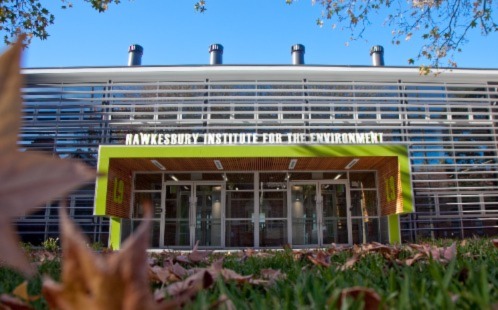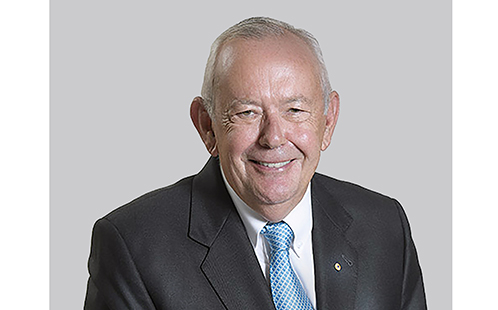Western Sydney University to play key role in helping decarbonise NSW

Western Sydney University will play a lead role in the NSW Government’s goal of achieving net zero emissions by 2050, following the announcement of a $15 million investment in the NSW Decarbonisation Innovation Hub.
The University – a core partner in the Hub – will work to fast track the research, development, and adoption of decarbonisation technology and practices across sectors and regions of NSW.
The NSW Decarbonisation Innovation Hub comprises a consortium of partners including UNSW Sydney, University of Newcastle, University of Wollongong, University of Technology Sydney, Charles Sturt University, the NSW Department of Primary Industries and Climate-KIC.
The Hub will be based at UNSW Sydney, with Western Sydney University selected to host the Land and Primary Industries (LPI) Network – one of three Research and Development Networks that will underpin the Hub’s activities. Partners in the LPI include Southern Cross University, the University of New England and the NSW Department of Planning and Environment.
Vice-Chancellor and President, Professor Barney Glover AO, said the University’s leadership of the LPI Network represents significant recognition of the University’s research strengths and innovation expertise, as well as its deep commitment to sustainability and environmental stewardship.
“Led by our world-class Hawkesbury Institute for the Environment, the LPI will leverage expertise from across the University and collaborate with government, industry and the community to identify R&D opportunities for emissions reduction, and promote the uptake of decarbonisation practices and technologies. Together, we will help grow the economy and create new jobs while sustainably managing the environment and natural resources,” said Professor Glover.
NSW Treasurer and Minister for Energy, the Hon Matt Kean MP, said the Hub is a key part of the NSW Government’s goal of achieving net zero emissions by 2050.
“As action on climate change grows internationally, there will be significant demand for new decarbonisation technologies with huge investment opportunities,” Mr Kean said.
“NSW is taking the lead by coordinating efforts across our research, development and commercialisation sectors. This will help us create new jobs and high-tech businesses, while developing expertise in emission reduction technology."
ENDS
12 May 2022
Latest News

Opinion: What do we lose when our old suburbs disappear?
I live on the edge of Parramatta, Australia’s fastest-growing city.

Opinion: Most bees don’t die after stinging – and other surprising bee facts
Most of us have been stung by a bee and we know it’s not much fun. But maybe we also felt a tinge of regret, or vindication, knowing the offending bee will die. Right? Well, for 99.96% of bee species, that’s not actually the case.

Western Sydney University receives transformational donation to support LGBTIQA+ community
Western Sydney University has welcomed a philanthropic donation from The Brennan Lynch Foundation.